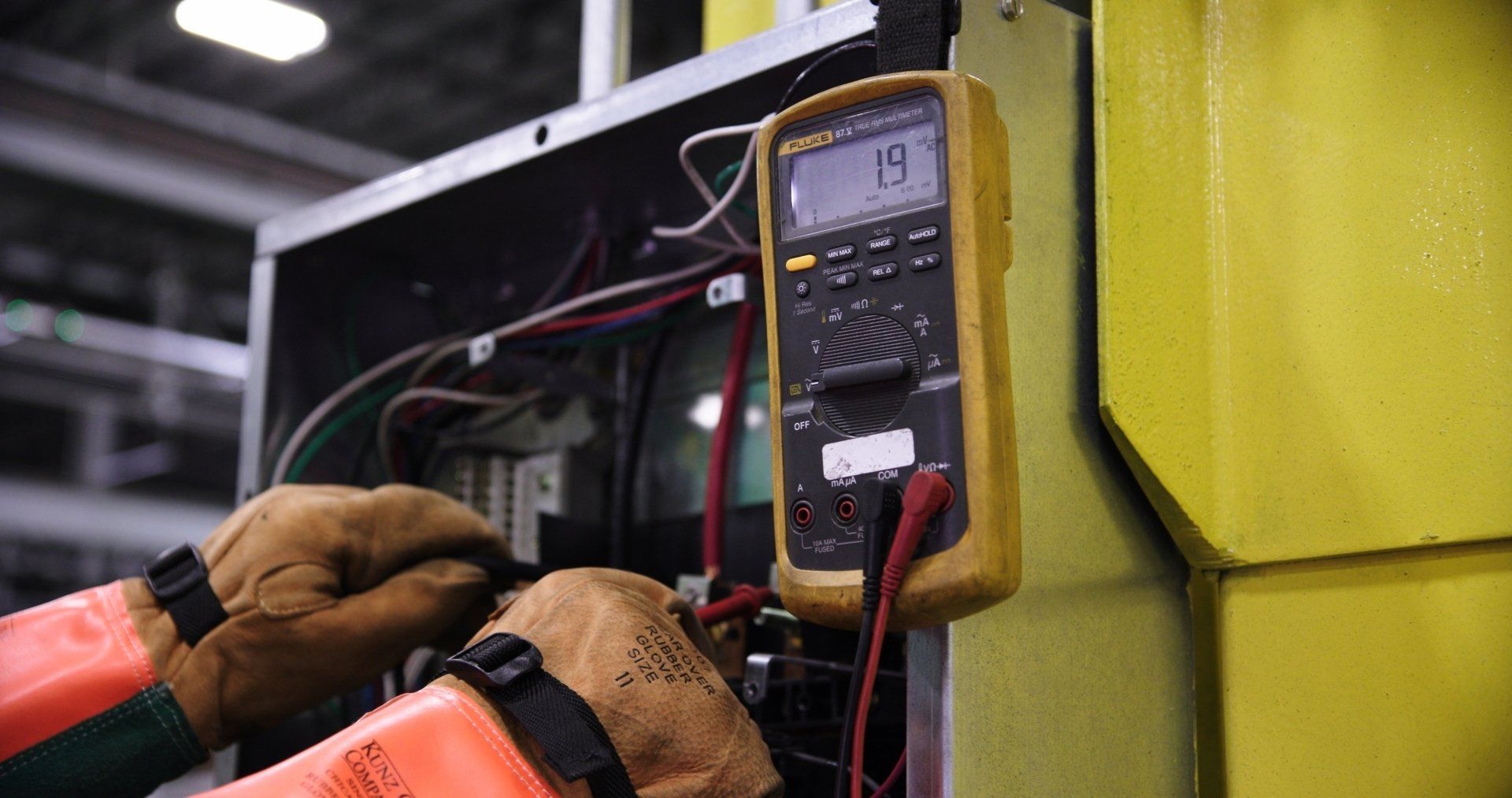
Hiring the right electrician can be a challenging task. Issues related to electrical systems can be dangerous, and it is essential to find someone who can complete the job safely, efficiently, and effectively. Here are some key things to look for when hiring an electrician: 1. Qualifications and Licensing: Ensure that the electrician you hire has the required qualifications and licenses to carry out electrical work in your area. A good electrician will be up to date with the latest safety protocols, building codes, and standards in your region. 2. Experience: Experience counts when it comes to electrical work. An experienced electrician is better equipped to handle complex and challenging electrical issues. They understand different electrical systems, what causes common problems, and how to rectify them. 3. Insurance: It is essential to hire an electrician who is insured. Accidents can happen in this line of work, and you do not want to be held financially liable if a mishap occurs. 4. Referrals and Recommendations: Seek referrals and recommendations from people you trust. Ask neighbors, coworkers, family, and friends if they have worked with a good electrician recently. Their personal experiences and honest opinions can guide you towards finding a reputable electrician. 5. Professionalism: Evaluate the electrician's professionalism. Are they communicative, punctual, and courteous? It is crucial to hire someone who treats you and your property with respect. 6. Pricing: While cost shouldn't be the only factor in your decision, it is essential to evaluate the electrician's pricing estimates. Get multiple quotes to compare prices and ensure that they are transparent about their pricing and upfront about any additional costs that may arise. 7. Warranty and Guarantee: A reputable electrician will offer a warranty or guarantee for their work. This assures you that they take pride in their job and are confident that their work will withstand the test of time. In summary, be diligent when hiring an electrician. Look for someone who is qualified, experienced, insured, professional, transparent, and offers a warranty or guarantee. By following these tips and finding the right electrician, you can ensure that your electrical issues are resolved safely, efficiently, and effectively.
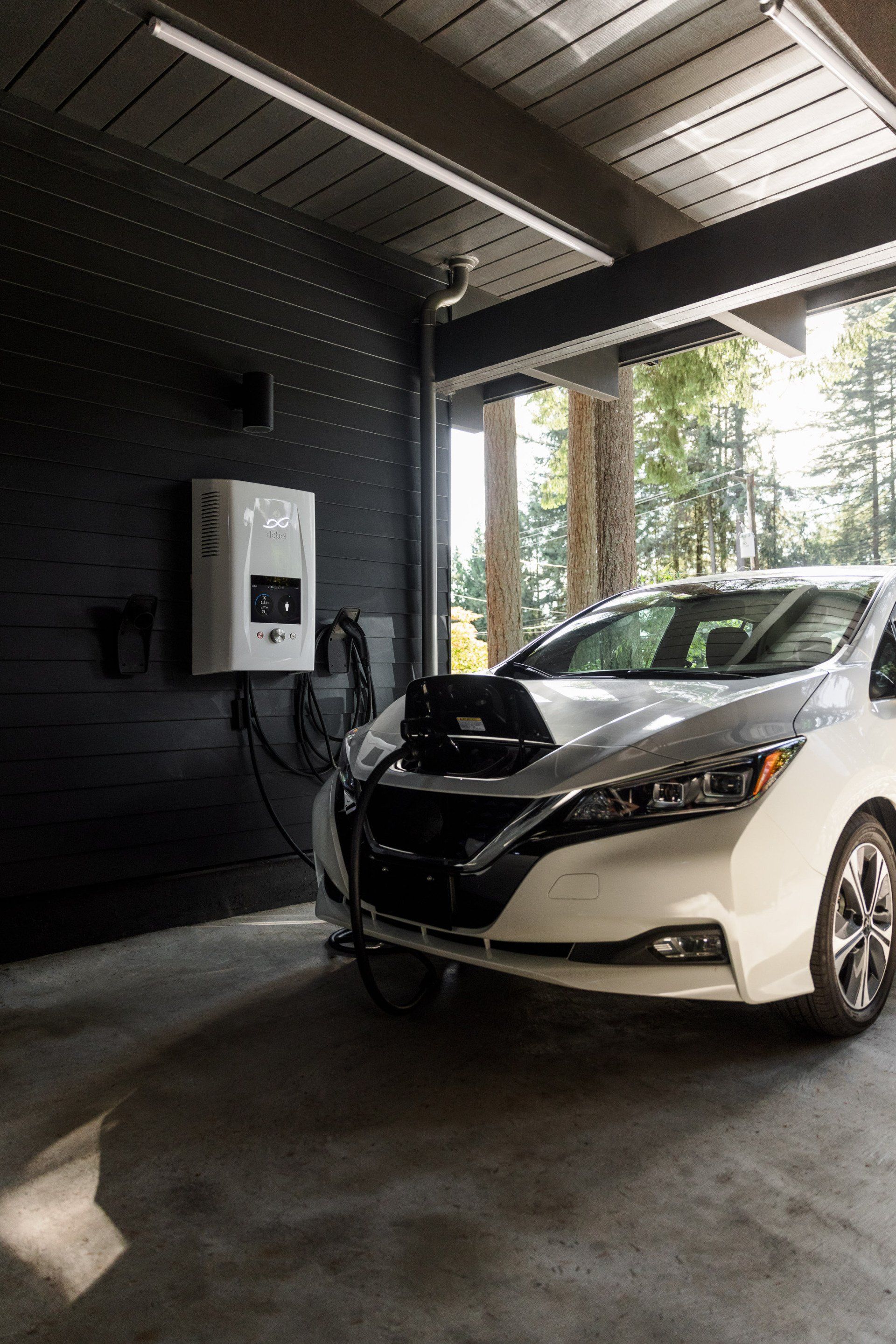
Electric vehicles (EVs) are gaining increasing popularity worldwide, and charging infrastructure is essential for supporting their growth. When it comes to EV chargers, there are two primary options: wired and wireless EV chargers. In this post, we will explore the differences between the two and help you determine which option is right for you. Wired EV Chargers: Wired EV chargers require a cable to be physically attached to the vehicle to initiate charging. They can deliver power through two different connector types: Level 2 (240V) and DC Fast Charging (480V). Level 2 wired chargers are common for home use, and they take several hours to fully charge an EV. They require dedicated 240V circuits in your home and may need professional installation. DC Fast chargers are typically used outside the home, and they can charge an EV much faster, up to 80% in under 30 minutes. However, they are expensive and require professional installation. Wireless EV Chargers: Wireless EV chargers, also known as inductive chargers, do not require a physical cable to charge the vehicle. Instead, they use electromagnetic induction to transfer energy from the charger's pad on the ground to a receiver on the vehicle. Wireless chargers are still relatively new, and their power delivery is lower compared to wired chargers. They also tend to be more expensive than their wired counterparts. So, which option is right for you? The decision to choose a wired or wireless EV charger depends on several factors, including your budget, practicality, and convenience. Wired EV chargers are cost-effective and currently most commonly used worldwide. With the right installation, they can be convenient and faster than wireless options. Wireless EV chargers do not require a cable to connect the vehicle to the charging station, which can be more convenient and time-saving. However, installation is more complicated and more expensive than that of wired EV chargers. Conclusion: Regardless of the option you go with, the installation and safety of the charging unit should be professionally handled to ensure safety and optimal use. By carefully weighing your needs, preferences, and budget, you can choose the type of EV charging unit that works best for you.
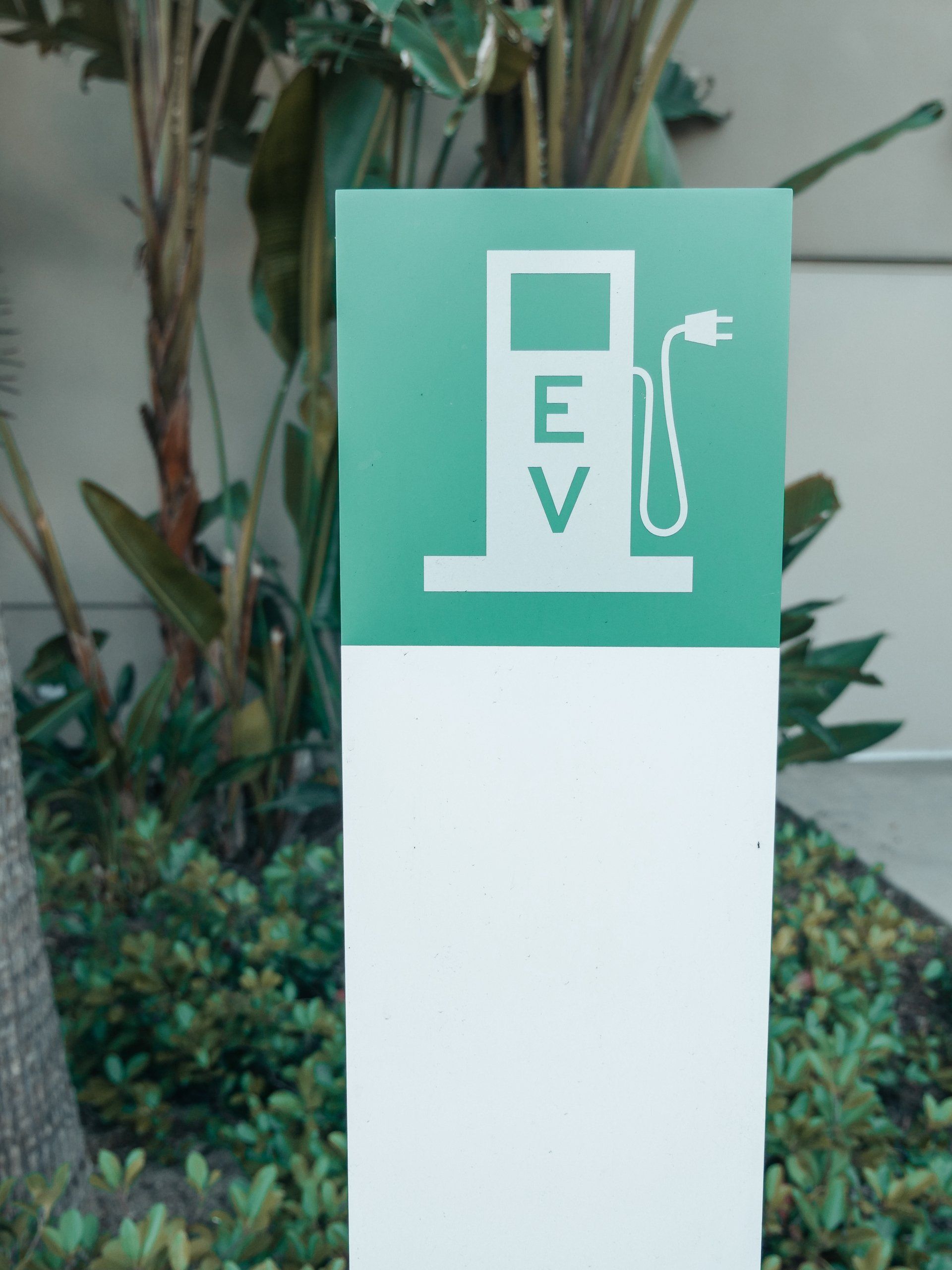
Wireless EV chargers, or inductive chargers, are becoming increasingly popular as electric vehicles become more common. Inductive charging uses an electromagnetic field to transfer energy from a pad on the ground to a receiver on the vehicle, rendering the need for wires redundant. In this blog post, we will explore the benefits of wireless EV chargers. 1. Convenient One of the most significant advantages of wireless EV chargers is convenience. All you need to do is park the vehicle over the pad, and the charger will start charging your car. Wireless EV chargers are perfect for public areas or when you don't have the time or energy to plug in a wired charger. 2. Easy Installation In comparison to wired EV chargers, wireless EV chargers require much simpler installation. There are no hardwired connections or cabling, as seen in the wired charging options. Wireless chargers can be installed on an existing surface with minimal to no construction modifications. 3. Safe Wireless EV chargers are built with safety in mind. They have a mechanism that disallows people from touching the conductors, making it safe for households with children and pets. 4. Maintenance-free Wireless EV chargers require less maintenance than wired chargers. The lack of connection hardware and cables means there is less to repair or replace, and it's less likely for the charging point to fall into disrepair. 5. Durability Wireless EV chargers are resilient and can last 20+ years with little need for upkeep. 6. Future Proofing Wireless EV chargers are relatively new, and the market is still evolving. By installing one now, you're future-proofing your EV charging infrastructure as inductive charging becomes more popular and prevalent. 7. Aesthetics Wireless EV chargers require no visible wires, boxes or ports which makes them an attractive option for both public and private locations, improving the aesthetics of the surroundings. In conclusion, wireless EV chargers are fast, safe, and convenient, providing an excellent option for places where drivers frequently visit or stay briefly, such as parking lots, residential streets, and shops. Moreover, with technological advancements in electric cars, we can anticipate wireless charging technology to continue improving, making wireless charging the future of EV charging.
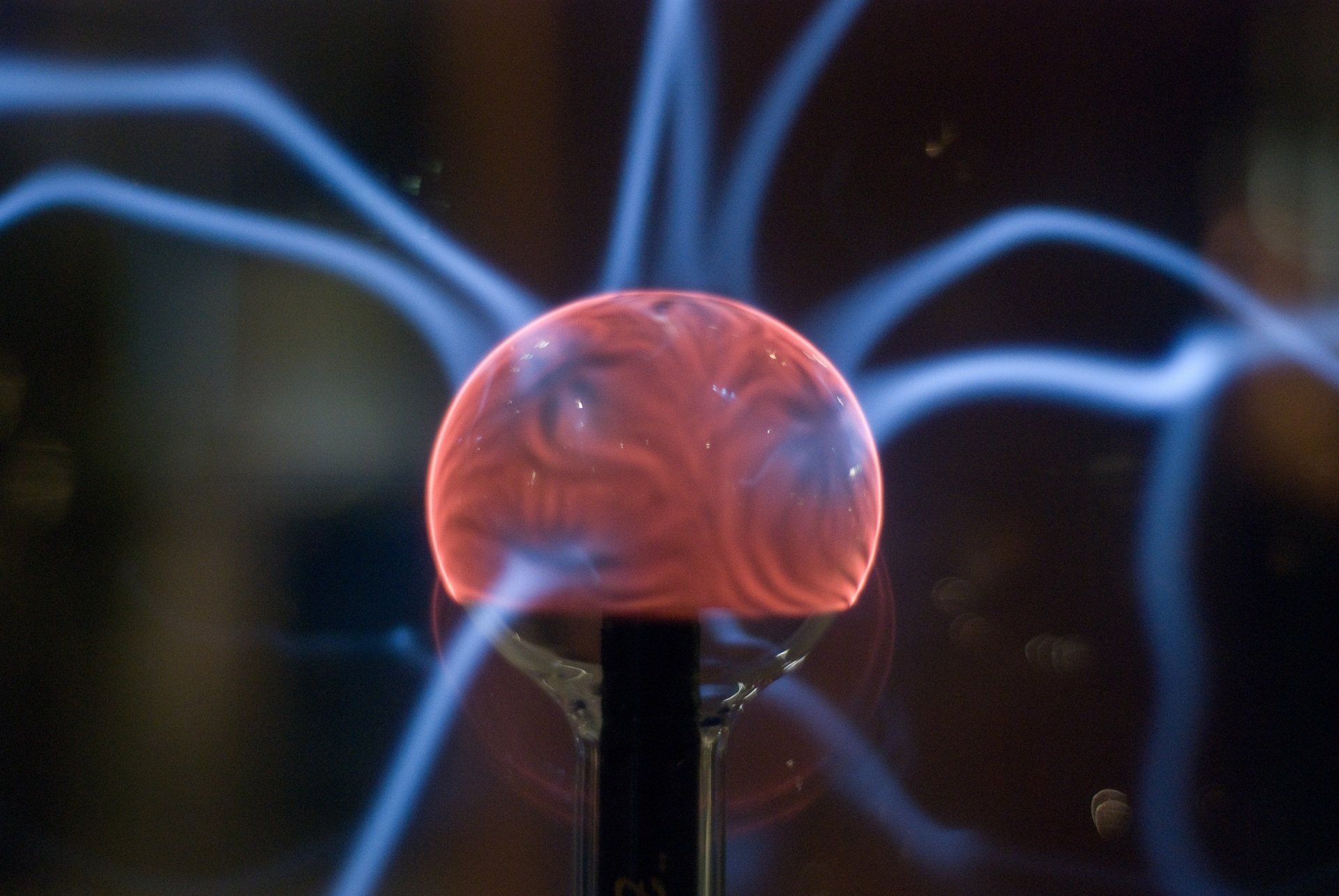
Electronics are an integral part of our daily lives, and they play a significant role in our homes. As technology continues to advance, the number of electronic devices in our homes increases, leaving our electrical systems vulnerable to power surges. Power surges can cause significant damage to electronic devices and lead to expensive repairs or replacement costs. This is where whole house surge protectors come in. A whole house surge protector is installed into your home's main electrical panel, and it protects your home's entire electrical system from power surges that can damage your devices. Here are some reasons why every home should have a whole house surge protector. 1. Protects All Electronics A whole house surge protector protects all electronic devices in your home from power surges. It can protect your electrical system from lightning strikes, power outages, and other electrical surges that can damage your devices. 2. Saves Money A whole house surge protector can save you money in the long run. Investing in a surge protector will reduce the need for repairs or replacement of damaged devices that can cost a lot of money. 3. Increases Safety Power surges can be hazardous and lead to electrical fires. A whole house surge protector can increase safety and provide peace of mind, knowing that you and your family are protected. 4. Easy to Install A whole house surge protector is easy to install and does not require any additional wiring. A professional electrician can install it directly into your home's main electrical panel. 5. Long-Lasting Protection A whole house surge protector provides long-lasting protection for your home's electrical system. Unlike power strips or individual surge protectors that need to be replaced regularly, a whole house surge protector can last for many years, providing seamless and continuous protection to your home's electrical devices. In conclusion, whole house surge protectors protect all electronic devices in your home, save you money, increase safety, and provide long-lasting protection. Don't wait for a power surge to damage your electronic devices, invest in a whole house surge protector and feel confident that your devices, and your family, are safe and protected.

As the popularity of electric vehicles (EVs) continues to grow, more and more consumers are considering making the switch to this new technology. However, one of the biggest concerns with owning an EV is charging it, and ensuring that there will always be enough power to get you where you need to go. Fortunately, the state of Colorado offers several tax incentives and rebates for the installation of EV chargers, backup batteries, and solar panels. EV Charger Installation Tax Rebates In Colorado, there are several tax rebates available for the installation of EV chargers. The Charge Ahead Colorado program, which is run by the Colorado Energy Office, offers both grants and tax credits to support the installation of Level 2 EV charging stations. Both residential and commercial properties are eligible for these rebates, and the program offers rebates up to $9,000 per charging station, or 80% of the total cost of installation. Additionally, the installation of EV chargers may also be eligible for a federal tax credit of up to 30% of the cost. Backup Battery and Solar Tax Rebates In addition to EV charging incentives, Colorado also offers tax credits for the installation of backup batteries and solar panels. The Colorado Department of Revenue offers a tax credit of 30% of the total cost of installation, up to $1,000 for residential systems and $50,000 for commercial applications . This tax credit can be applied to the installation of battery backup systems, which allow EV owners to store excess solar energy or power from the grid, ensuring that their vehicle is always charged and ready to go. Solar panel installations are also eligible for tax credits in Colorado. The state offers a tax credit of up to 55% of the total cost of installation, with a maximum credit of $20,000. Additionally, solar panel installations may also qualify for federal tax credits of up to 26% of the total cost. Applying for these Tax Rebates In order to take advantage of these tax incentives and rebates, consumers must apply through the appropriate channels. For Charge Ahead Colorado grants and tax credits, applications must be submitted through the Colorado Energy Office. For backup battery and solar tax rebates, applications must be filed with the Colorado Department of Revenue. For more information on each of these programs, and to learn more about the requirements of each program, please visit the following websites: - Charge Ahead Colorado: https://www.colorado.gov/pacific/energyoffice/charge-ahead-colorado - Colorado Department of Revenue: https://tax.colorado.gov/energy-incentives Conclusion As Colorado continues to promote the use of EVs and renewable energy, the state offers several tax incentives and rebates to support these initiatives. By taking advantage of these programs, EV owners can ensure that their vehicles are always charged and ready to go, while also supporting the growth of clean energy technologies. To learn more about EV charger installations, backup batteries, and solar panel installations, and to find out how you can take advantage of these incentives in Colorado, visit the websites listed above.
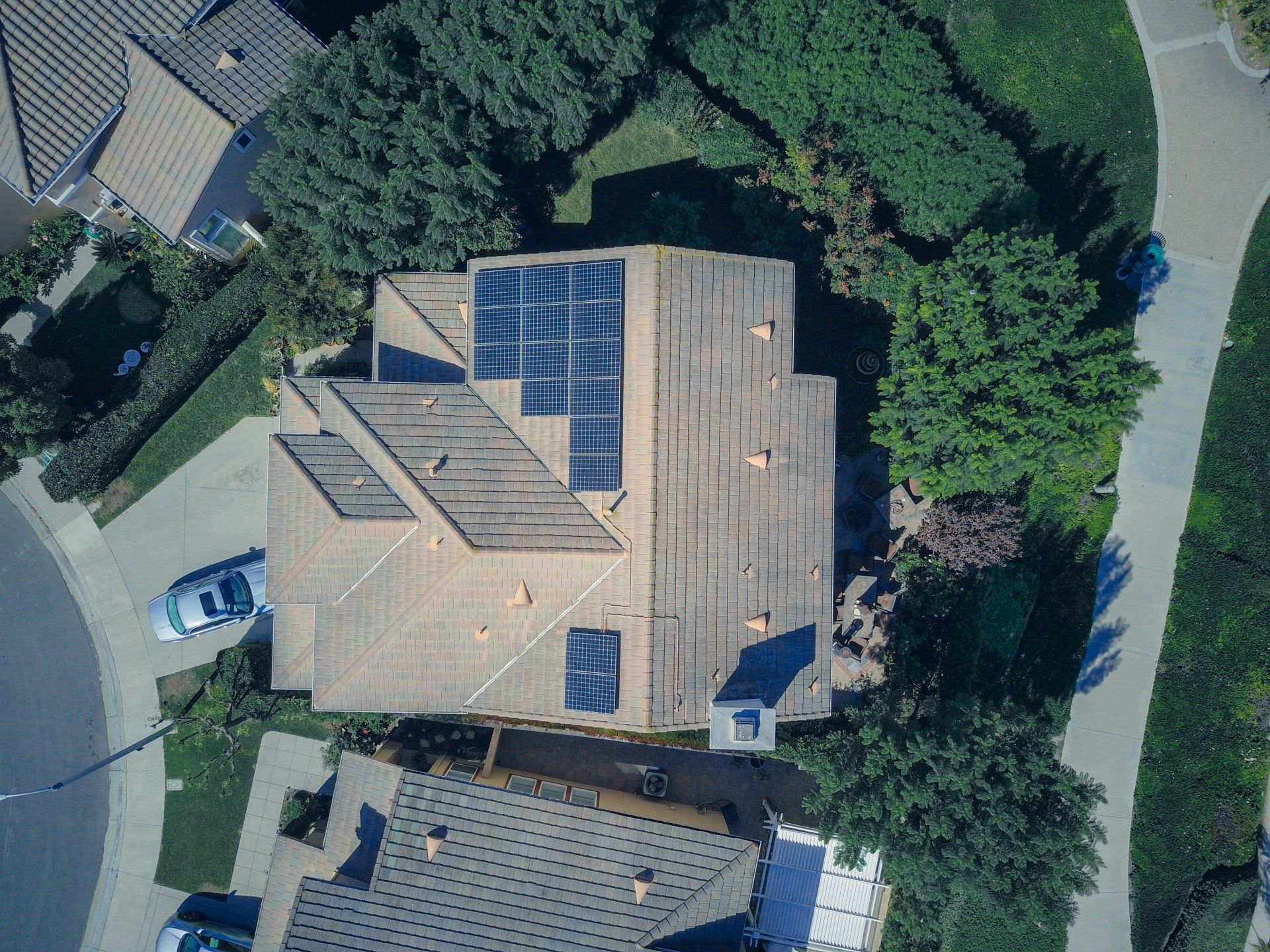
I'd be happy to explain the benefits of upgrading your solar system with a smart panel and battery storage. Firstly, with the smart panel and battery storage, you can store any excess solar energy you generate during the day, for use when the sun is not shining. That means you can maximise the use of your solar energy and reduce your reliance on the grid. Secondly, a smart panel and battery storage system can provide backup power in the event of a power outage. This feature can be critical, especially if you live in an area prone to blackouts or an area that relies on the grid for your household energy needs. Finally, a smart panel and battery storage system can reduce your energy bills by allowing you to use your solar power at night, instead of buying energy from the grid. This means increased energy independence and the potential for long-term savings on electricity bills. Overall, an upgraded solar system with a smart panel and battery storage can provide immense benefits to homeowners. If you have any further questions, feel free to ask me.
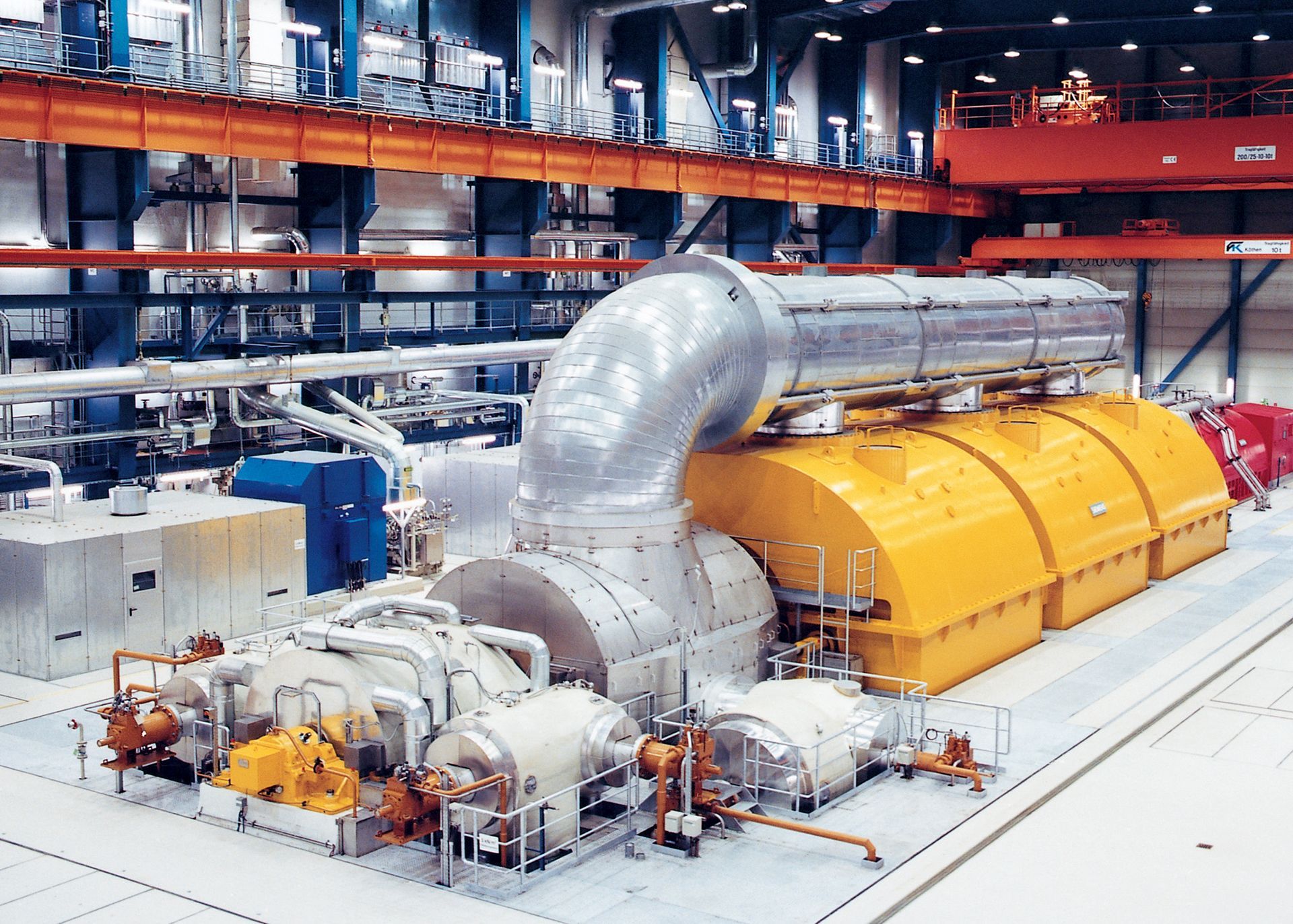
Lets talk about a crucial aspect of modern living, which is energy resilience. With the increasing threats of natural disasters, power outages, and energy supply disruptions, having energy resilience is more than just an added bonus – it is a necessity. Energy resilience refers to the ability to maintain energy supply and access during times of emergency, and it has become increasingly important for homes to have a reliable energy source to rely on in times of need. Here are some reasons why you should consider investing in energy resilience for your home: 1. Protection from unexpected power outages Power outages can happen at any time, and they can cause chaos and inconvenience. Having an energy resilient system in place in your home means that you will have access to a reliable backup power source that will keep your lights on, your electronics charged, and your appliances working even when the grid fails. This can make all the difference in your daily life, and provide peace of mind that your home is taken care of. 2. Increased independence from the grid During times of major events, such as hurricanes, tornadoes, earthquakes or floods, energy service disruptions are quite common. Having a source of alternative energy can make all the difference in being self-reliant during such times. By having energy resilience at home, you can take control of your energy supply and reduce your dependence on the grid. This is especially useful in remote or rural areas where grid outages can take longer to be repaired. 3. Long-term savings on recurrent energy bills Energy resilience means you have a self-powering energy system in place. This means that you may be able to save money in the long run with lower electricity bills. This is because the system can generate and store its own energy - and thus, you don't have to rely on expensive traditional power sources that fluctuate in price. This kind of setup can pay for itself within a few years, and you will also have the added benefit of reducing your carbon footprint. 4. Adaptable and scalable solution With advancements in technology, there are now many options available that make it easy to scale up or down your energy resilience solution depending on your household energy needs. This also means you can adapt it to fit the size of your budget, so you don't have to break the bank to enjoy the benefits of energy resilience. By working with certified energy resilience experts, you can plan the right backup power solution in tune with your needs. In conclusion, energy resilience is an essential requirement for modern-day living that provides a secure backup during times of unexpected outages, reinforces sustainability efforts and provides long-term savings of energy costs. It's a small investment that carries big benefits for you, your family, and your home. So, if you really care for peace of mind, energy resilience is the right choice.

When it comes to choosing a backup power source for your home, there are two main options to consider: gas or battery backup systems. Both have pros and cons, so it's important to weigh them based on your specific needs and preferences. Gas Backup Systems Gas backup systems typically run on natural gas, propane or another fossil fuel. When the grid fails, the backup generator kicks in to provide power for your home. Here are some advantages of gas backup systems: 1. High output: Gas generators have the capacity to sustain high-output energy needs for an extended period of time. This means you can power your entire home or run heavy-duty machinery for as long as necessary. 2. Dependable performance: Gas backup systems have been used for decades, and are highly reliable in times of power outages. 3. Low maintenance: Gas backup systems are easy to maintain and operate because they don't rely on complex electronics. Here are some of the disadvantages of gas backup systems: 1. Costly: Installation and maintenance are expensive, and the cost of fuel can add up quickly. 2. Environmental impact: Burning fossil fuels contributes to air pollution and climate change. 3. Noise: Gas backup systems can be loud and create noise pollution to the surrounding area. Battery Backup Systems Battery backup systems, on the other hand, use rechargeable batteries to store energy when the power is on. When the grid fails, the batteries kick in to provide power, eliminating the need for fossil fuels. Here are some advantages of battery backup systems: 1. Noise-free: Battery backup systems are quiet, with no noise pollution to the surrounding area. 2. Environmentally friendly: Battery backup systems don't emit harmful pollutants, making them eco-friendly. 3. Scalable: They can be easily scaled up or down based on the energy needs of the household. Here are some of the disadvantages of battery backup systems: 1. Limited energy output: Battery backup systems can only provide power for a limited time, as batteries need to be recharged frequently. 2. High initial investment: The initial cost of battery backup systems can be high, although it can save you money in the long term by eliminating the dependence on fuel. 3. Maintenance can be complex: Battery backup systems rely on complex electronics that require maintenance and technical skill to operate efficiently. In conclusion, both gas and battery backup systems have pros and cons, and should be considered based on your household's energy needs, budget, and environmental goals. Gas backup systems are better suited for high energy needs for an extended period of time, while battery backup systems are ideal for short-term needs and offer a sustainable solution. Ultimately, the choice between the two depends on which solution resonates more with your needs and values.
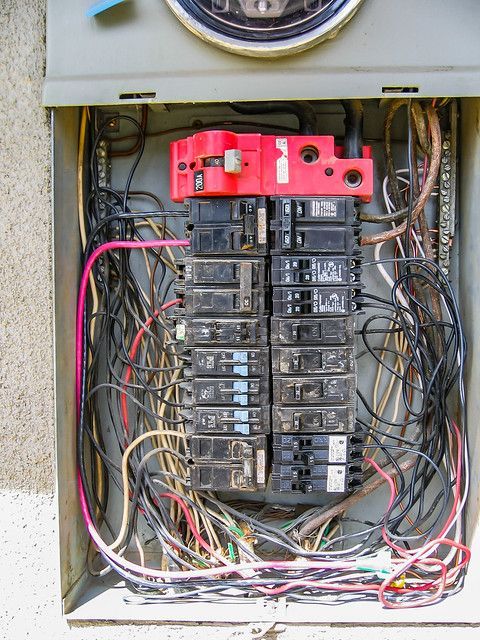
Are you tired of constantly monitoring and managing your home's energy usage? A smart electric panel might be the solution you've been looking for. Here are a few reasons why you should consider switching to a smart electric panel: 1. Better Energy Management: A smart electric panel provides real-time data on your home's energy usage. This makes it easier for you to manage your energy consumption, reduce wastage and identify any potential problems. By keeping track of your energy usage, you can make adjustments to save money on your monthly bills and install energy-efficient appliances that further reduce your carbon footprint. 2. Remote Accessibility: With a smart panel, it's possible to monitor and manage your home's electricity usage from anywhere using your phone, computer or tablet. This type of remote access allows you to adjust your energy usage to your needs in real-time, even when you're away from home. 3. Improved Safety: A smart electric panel also alerts homeowners of any abnormalities in their energy usage, such as appliances drawing too much energy, which could be a potential fire hazard. This early warning system ensures prompt action to mitigate any risk and prevent accidents that could occur due to electrical faults. 4. Automation and Control: A smart electric panel can be automated to turn on or off specific appliances at scheduled times or when they are in idle mode. This can help increase energy efficiency, saving you money and reducing your environmental impact. 5. Integration with Smart Homes: Smart electric panels allow for easy integration with other smart home devices, such as smart thermostats, smart lighting systems and smart home security systems. These devices can be programmed to work together in concert, providing an optimized and automated energy efficient system. In conclusion, a smart electric panel not only increases the efficiency of your home's electricity use but also makes it easier to implement a more environmentally conscious and sustainable lifestyle. It makes staying on top of your energy usage more convenient, automated and even safer by automating appliances, providing remote access and improved safety features. The cost-saving benefits of reduced energy waste and lower bills make it a great investment for anyone looking to upgrade their home.

First and foremost, electricians charge for their specialized skill set and expertise. Electrical work is technical and requires a high level of training and education to be done safely and effectively. Electricians must understand complex electrical systems, safety protocols, and building codes to ensure that their work is up to standard and compliant with regulations. In addition to their knowledge and expertise , electricians also invest in specialized tools and equipment to perform their work. From meters and testers to ladders and safety gear, an electrician’s tools are essential and expensive. Moreover, electricians need to carry insurance, licenses, and permits to operate legally. Fees associated with these licenses and permits may be passed on to customers, resulting in higher rates. Lastly, many electricians work independently, which means they must cover their own overhead costs like transportation and administration. This can add up to a significant amount and contribute to the overall cost of their services. Overall, the cost of hiring an electrician may seem high, but it is important to remember that their skills, tools, and expertise are essential for safeguarding the safety and functionality of the electrical systems in our homes and businesses. When it comes to electrical work, it is always best to hire qualified professionals to ensure that the job is done right, safely, and within regulations.

